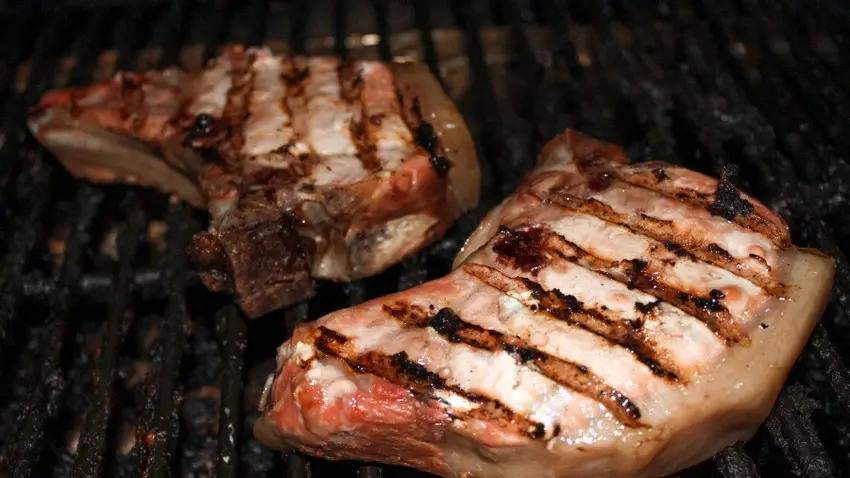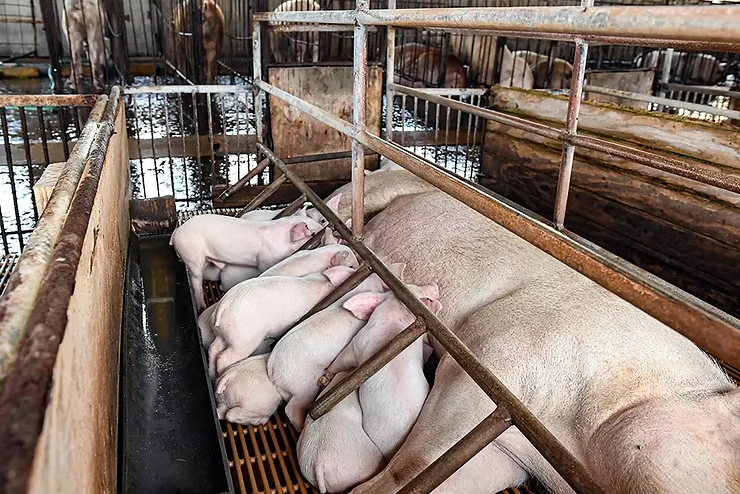A decision that many producers around the country were dreading was recently made when the U.S....
USDA Plans to Make Increased Line Speeds Permanent – So What You Ask?

The USDA announced plans to make permanent the New Swine Inspection System (NSIS) increased line speed program.
“America’s pork producers thank U.S. Agriculture Secretary Brooke Rollins and the Food Safety and Inspection Service (FSIS) for this needed action that will provide financial security and more stability for pork producers,” said Duane Stateler, National Pork Producers’ Council (NPPC) President, a pork producer from McComb, Ohio. “Without this program, some pork producers could have incurred an additional loss of nearly $10 a head.”
NPPC is grateful that USDA, under Secretary Rollins’ leadership, recognizes that food safety remains without compromise — while greater efficiency benefits producers and consumers.
Since 2019, NPPC has advocated for increased line speeds.
- In November 2021, FSIS permitted increased line speeds at six pork packing plants while simultaneously gathering data to evaluate potential worker impacts.
- In December 2023, FSIS extended the trials for an additional 90 days.
- In February 2024, FSIS again extended the trials through Jan. 15, 2025. In April 2024, USDA Deputy Under Secretary for Food Safety Sandra Eskin discussed the pilot program with producers at NPPC’s legislative action conference.
- In May 2024, U.S. Senate Committee on Agriculture, Nutrition, and Forestry Ranking Member John Boozman (R-AR) introduced his Farm Bill framework, making permanent the program, among several NPPC priorities.
- In January 2025, FSIS released the results of a months-long study at six plants, concluding that “line speeds were not determined to be the leading factor in worker musculoskeletal disorder risk at these plants.”
EDITOR’S TAKE:
Why should you care about line speed in a packing plant? For one thing, increased line speed means more throughput, which in turn reduces cost per animal for processing. Another consideration, by allowing the plant to be more productive and efficient, it reduces losses and increases the financial return to the farmer. As long as food safety is not compromised, it should be beneficial for all parties from farmer to consumer.
Speaking of productivity and efficiency – how can you increase the involvement of your service and parts departments in supporting farmers/ranchers? Mobile service? Talking with a dealer in Indiana who recently joined the CAD program, I learned they are already seeing huge returns from their investment in a mobile service unit. How about considering annual parts and service contracts with farmers/ranchers so they can focus on the business of looking after their crops and livestock? Why leave money on the table? Don't give your parts business to Auto Zone or some other retailer. You have the parts and the service techs – involve them in building that relationship with farmers and ranchers.








